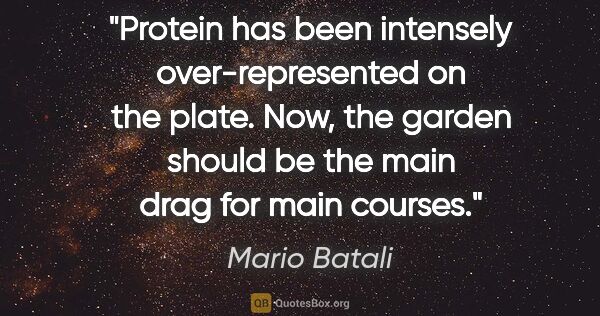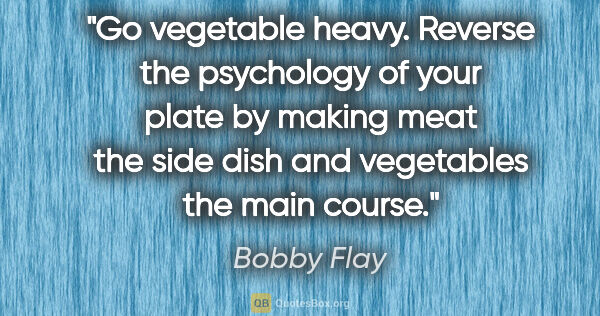Main Course Quotes

At least, you two have decent manners," says Effie as we're finishing the main course. "The pair last year ate everything with their hands like a couple of savages. It completely upset my digestion."... My mother taught Prim and me to eat properly, so yes, I can handle a fork and knife. But I hate Effie Trinket's comment so much I make a point of eating the rest of my meal with my fingers. Then I wipe my hands on the tablecloth. This makes her purse her lips tightly together.
Suzanne Collins
Maybe he was as mad as he said he was, but she could see only a species of miserable fright. Suddenly, like the thud of a boxing glove on her mouth, she saw how close to the edge of everything he was. The agency was tottering, that was bad enough, and now, on top of that, like a grisly dessert following a putrid main course, his marriage was tottering too. She felt a rush of warmth for him, for this man she had sometimes hated and had, for the last three hours at least, feared. A kind of...
Stephen King

He's back in Maine now. She did say he badgered her with questions. Of course, she didn't have the answer until she spoke to me and found out you were here." Gennie frowned at the sea and said nothing. "She wondered if you were following Macintosh in the papers. It took me over two hours to figure why she would have asked that. Gennie turned back with a speculative look which Serena met blandly. "Perhaps I'm not following you," she said, automatically guarding Grant's secret. Serena took the...
Nora Roberts
Before we invented civilization our ancestors lived mainly in the open out under the sky. Before we devised artificial lights and atmospheric pollution and modern forms of nocturnal entertainment we watched the stars. There were practical calendar reasons of course but there was more to it than that. Even today the most jaded city dweller can be unexpectedly moved upon encountering a clear night sky studded with thousands of twinkling stars. When it happens to me after all these years it...
Carl Sagan
Our days flowed around well-charted, often traveled courses, and yet, the underlying sense of falling out of time, out of the trajectory of one's life, not by choice, but by subtraction, was frequent and disquieting. Then I grieved for him, for the lost and previous Paul. He grieved for that man too. Both our griefs were mainly private, internal, unuttered. Return was impossible, and there was only one direction open ; and so we kept our compass pointed forward. [p. 286]
Diane Ackerman